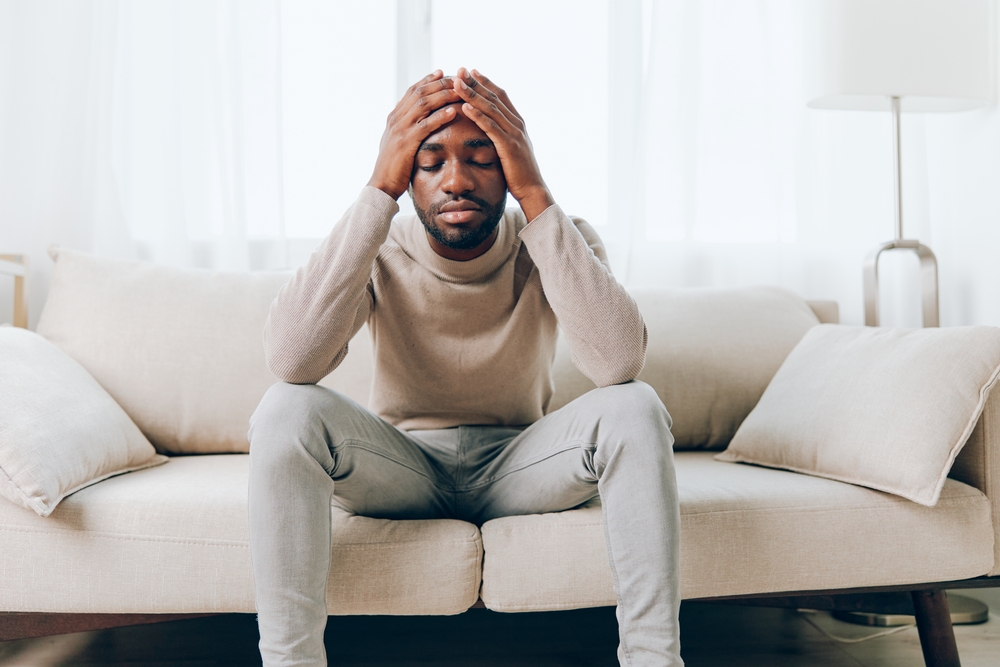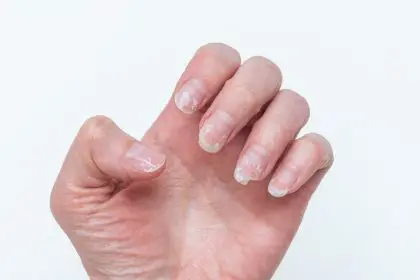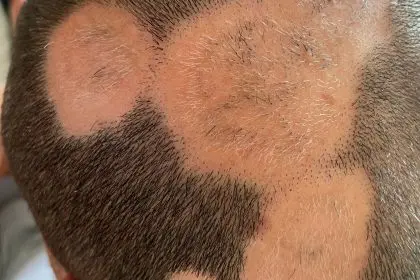Stress is something that affects everyone at some point, but did you know it can also take a toll on your hair? For many, the connection between emotional or physical stress and hair loss can come as a surprise. While hair loss is typically associated with aging, hormones or genetics, stress is a silent trigger that can exacerbate this issue significantly. Understanding how stress leads to hair loss can help you manage it better and keep your locks healthy and full.
The silent impact of stress on hair
Hair is often seen as a symbol of beauty, confidence and even identity. Losing it can feel devastating, especially when the cause isn’t immediately clear. While some might chalk up hair loss to genetics or aging, one of the lesser-known culprits is stress. From work deadlines to personal life challenges, the pressure can mount, leading to physical manifestations like thinning hair. Many people experience increased shedding during stressful periods, but they might not realize how deeply interconnected their mental well-being and hair health truly are.
Stress-related hair loss is not permanent in most cases, but it can be distressing nonetheless. When left unchecked, prolonged stress can have long-term consequences on your scalp and hair health. Let’s dive into five specific reasons why stress can cause your hair to fall out and what you can do to take control of the situation.
1. Telogen Effluvium
Telogen effluvium is one of the most common forms of hair loss associated with stress. Typically, about 85-90 percent of your hair is in the growth phase, while the rest is in the resting phase (known as the telogen phase). However, when you’re under significant stress, your body can push more hairs into the resting phase, which means they eventually fall out.
This form of hair loss can take a few months to become noticeable after the stressful event, which makes it even more alarming when clumps of hair start appearing on your pillow or in your shower drain. The good news is that this type of hair loss is temporary. As your stress levels stabilize, your hair will usually grow back.
Emotional trigger: Imagine waking up one morning to find more hair on your pillow than usual. The immediate panic sets in, and your mind races with worry. The uncertainty surrounding hair loss can fuel a vicious cycle of stress.
2. Hormonal imbalance
When you’re stressed, your body produces higher levels of the hormone cortisol. Cortisol can interfere with the normal functioning of hair follicles by disrupting the production of other vital hormones, including those responsible for hair growth. A hormonal imbalance can wreak havoc on your scalp, leading to thinning or patchy hair loss.
Additionally, chronic stress can contribute to imbalances in thyroid function, which further exacerbates the problem. Your thyroid gland plays a key role in regulating hair growth, and when it’s out of balance, hair loss can occur. Addressing both stress and hormonal issues is crucial to restoring normal hair growth.
Emotional trigger: Feeling out of control of your own body can heighten the stress already in place. It’s not just about losing hair — it’s about feeling like your body is betraying you when you’re already struggling with stress.
3. Alopecia Areata
Stress has also been known to trigger autoimmune disorders like alopecia areata, where the body’s immune system mistakenly attacks hair follicles, leading to sudden and unpredictable hair loss. Unlike telogen effluvium — which causes hair thinning — alopecia areata can result in round patches of baldness.
While alopecia areata is often associated with genetic predispositions, stress can be the tipping point that causes this condition to flare up. The immune system — already weakened by stress — mistakenly targets your hair follicles, viewing them as foreign invaders. This can result in hair falling out rapidly, often in chunks.
Emotional trigger: The shock of finding bald patches on your scalp can be incredibly overwhelming. It’s not just a physical change — it feels like a visible sign of deeper struggles, amplifying the emotional burden of stress.
4. Nutrient depletion
When you’re stressed, you’re more likely to turn to unhealthy coping mechanisms like binge eating, poor nutrition or skipping meals altogether. This can lead to nutrient deficiencies, which can directly impact the health of your hair. Hair needs a steady supply of vitamins and minerals — especially B-vitamins, zinc and iron — to stay strong and continue growing.
A poor diet — often brought on by stress — deprives your hair follicles of the nourishment they need to function properly. Over time, this can lead to brittle, thinning hair or even hair loss. Taking care of your body nutritionally is one of the first steps toward addressing stress-induced hair loss.
Emotional trigger: Stress eating might offer temporary comfort, but it comes with the price of poor health outcomes, including hair loss. You may feel stuck in a cycle where your stress-induced habits contribute to a visible reminder of how you’re feeling inside.
5. Tension on the scalp
Stress doesn’t just affect your hair internally — it can also lead to physical tension that negatively impacts hair growth. When you’re under stress, you may unconsciously clench your jaw, grind your teeth or tense the muscles in your scalp and neck. This tension can restrict blood flow to your hair follicles, which is essential for healthy hair growth.
Chronic tension can create a hostile environment for your scalp, where hair follicles become weakened due to a lack of proper circulation. This results in hair becoming more fragile and prone to falling out. Practices like scalp massages or relaxation techniques can help alleviate this type of stress and promote healthier hair growth.
Emotional trigger: Physical tension is often a silent companion to stress. You may not realize just how much you’re carrying on your scalp until the effects start to show through your hair. It becomes a visible sign of the pressure you’re under.
Managing stress for healthy hair
Stress is an inevitable part of life, but managing it effectively can prevent it from taking a toll on your hair. Whether it’s due to hormonal changes, immune responses or poor diet choices, stress can lead to noticeable hair loss if left unchecked. However, the good news is that, in most cases, this hair loss is temporary and can be reversed by addressing the root cause — stress.
By incorporating stress management techniques like regular exercise, meditation or talking to a therapist, you can reduce the impact stress has on your body and hair. Don’t forget the importance of a balanced diet rich in nutrients that promote healthy hair growth. Also, practice scalp care to encourage circulation and create a healthy environment for hair to thrive.
Emotional trigger: It’s easy to feel overwhelmed by the changes stress brings, but remember, you have the power to take control. Managing stress not only benefits your mental health but can also help you regain confidence in your appearance, showing that you can turn things around even in tough times.
Taking care of your stress levels means taking care of your hair — and ultimately, yourself.
This story was created using AI technology.













